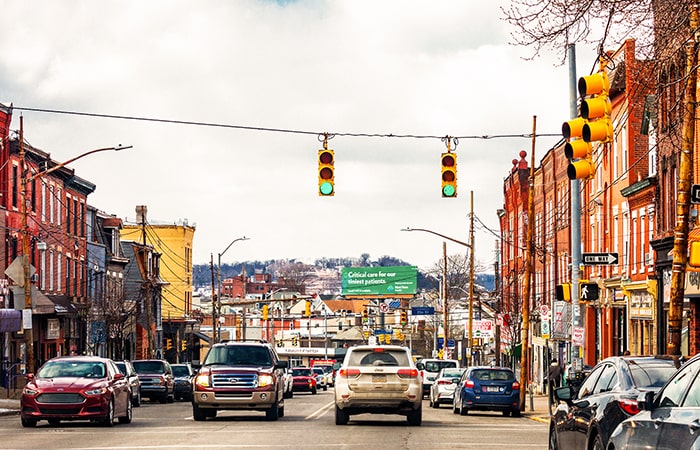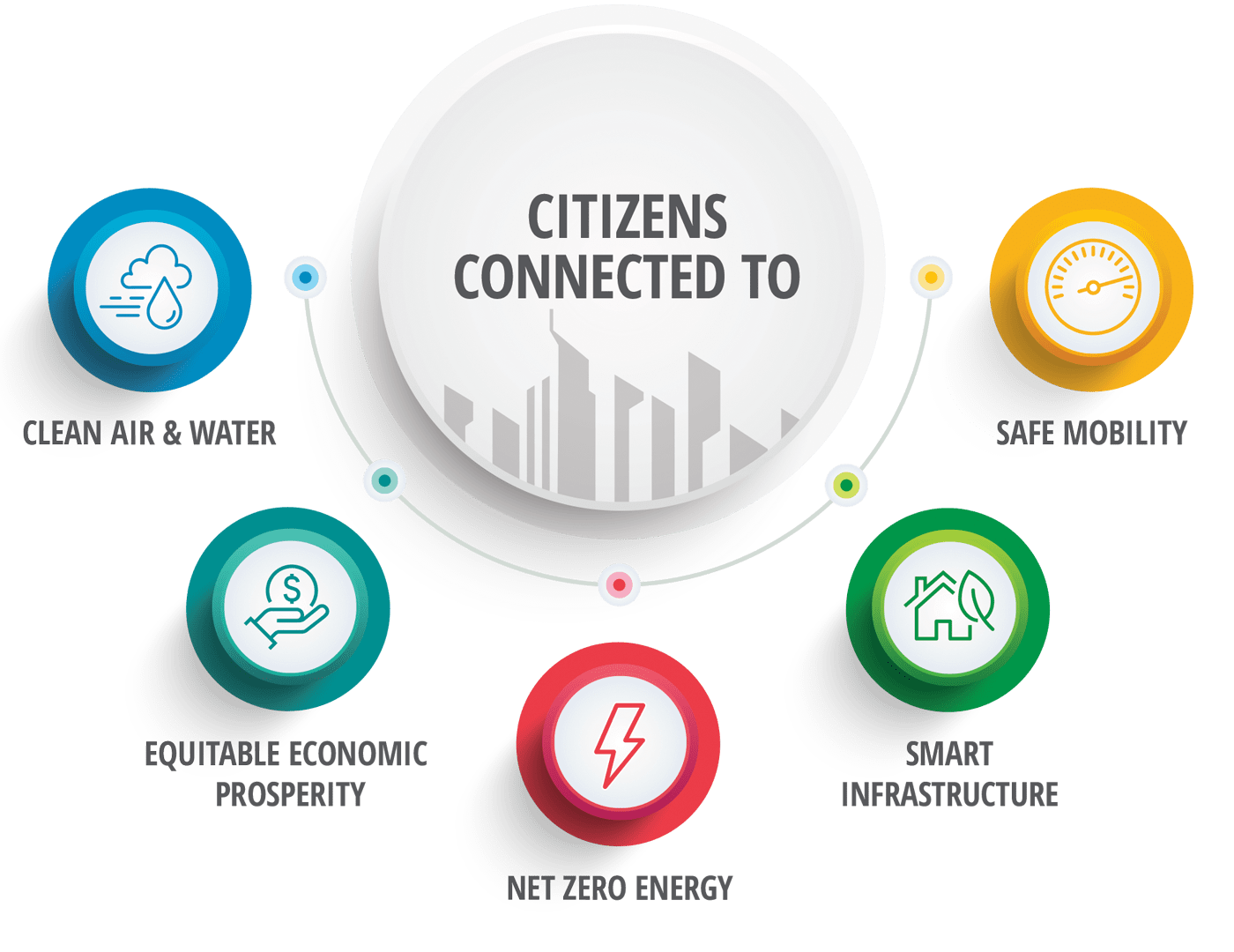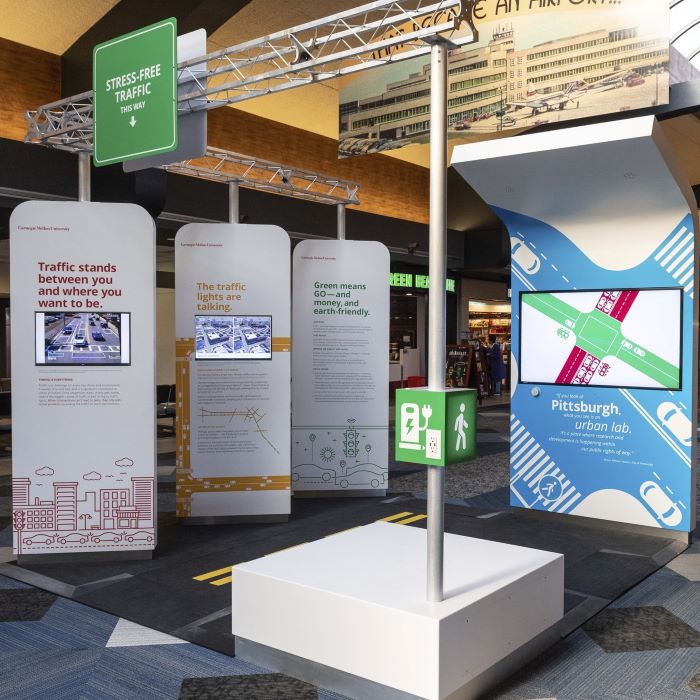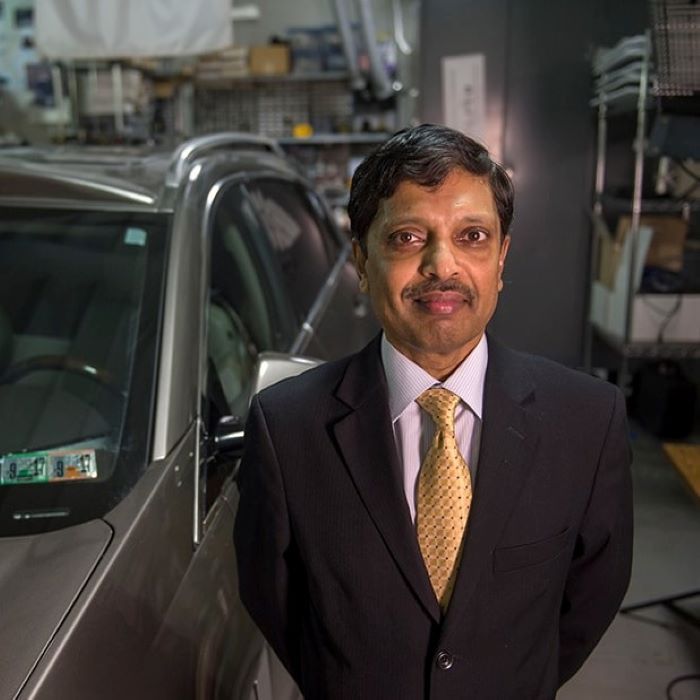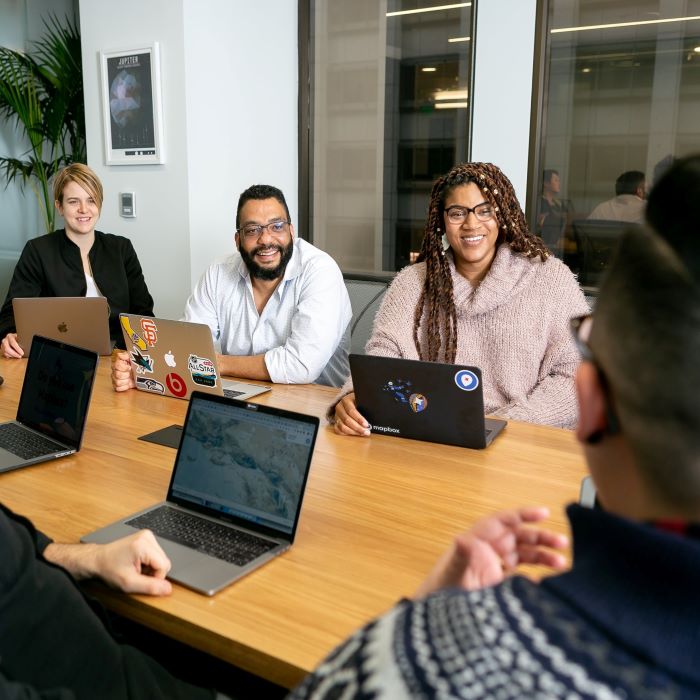People Connected to Policymakers
Sean Qian I Zero Emissions Curbside Management Model
People Connected to Policymakers
Katherine Flanigan I Smart Parks
People Connected to Policymakers
Scopeathon for Social Good
Technology Becomes the Bridge to Solving Real-World Problems
Founded in 2010 at Carnegie Mellon University with pivotal seed funding from the Henry L. Hillman Foundation, our work began with a focus on sparking innovation in the emerging smart transportation sector. This early investment laid the groundwork for groundbreaking research, technological advancements, and the real-world deployment of intelligent transportation systems designed for the twenty-first century and beyond. Building upon the success of our transportation centers including Safety21, the U.S. Department of Transportation University Transportation Center, Metro21 has been deeply rooted in community partnerships—particularly within the Pittsburgh region—transforming the city into a living testbed for scalable solutions.
Metro21 is an interdisciplinary research and implementation center that works with metropolitan and rural communities to tackle some of their most pressing real-world challenges. Using technology as a tool, it partners with civic and community organizations to guide, implement, and inform innovation that improves quality of life through better access to infrastructure, affordable transportation, economic opportunity, and more—extending the impact from local neighborhoods to global communities.
What is a connected community?
Going beyond smart city initiatives, we step directly into communities big and small to focus on the issues that matter most to the people they impact. From access to clean water to job growth, connective technology allows us to tackle some of society’s biggest challenges.
“At Metro21, we research, develop and deploy innovative technologies and policies by partnering with communities to help solve the problems facing metropolitan regions — sustainably, equitably and efficiently.” — Raj Rajkumar, Director, Metro21
Featured Highlights
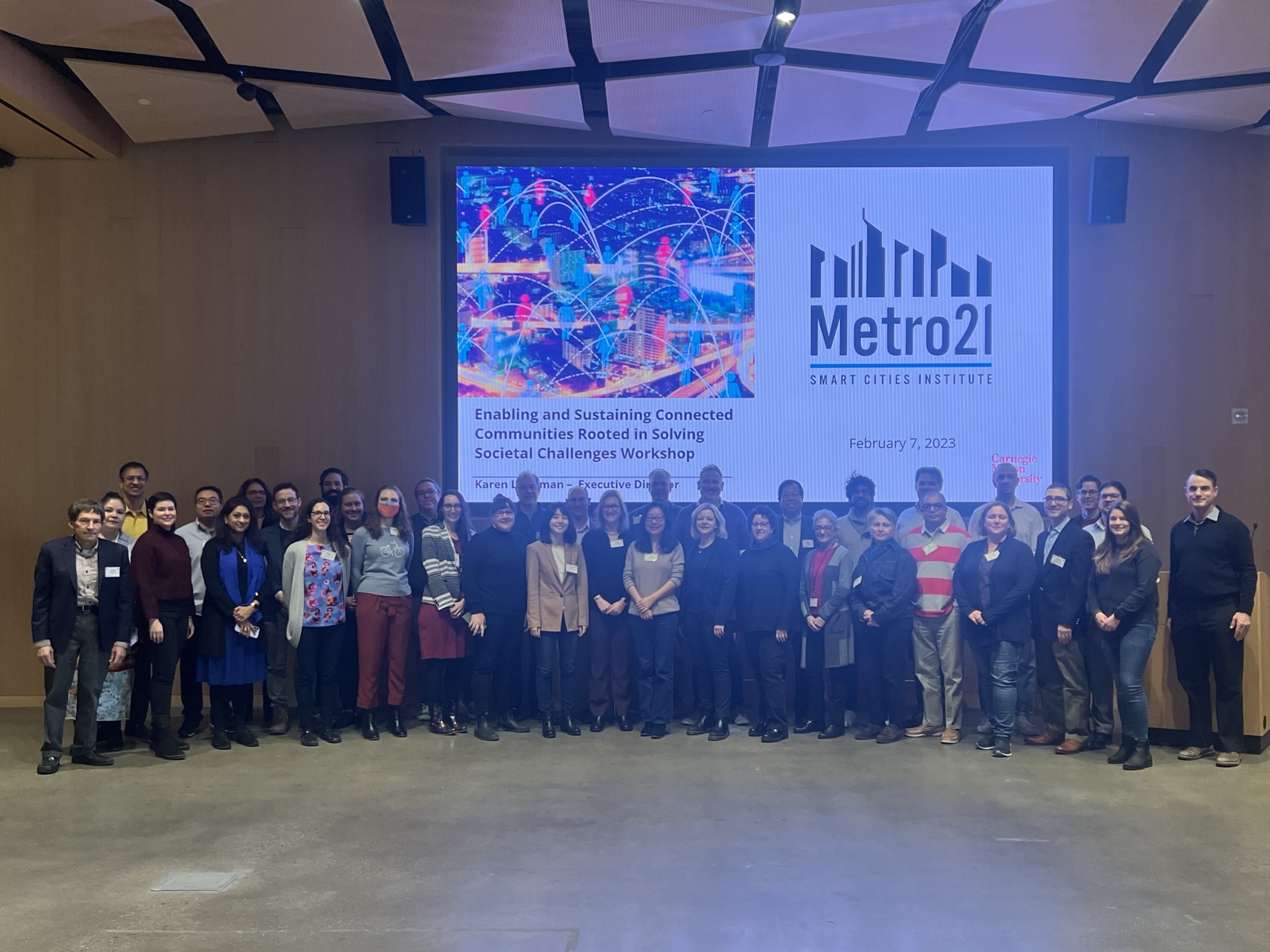
Enabling and Sustaining Connected Communities Rooted in Solving Societal Challenges
With funding from the National Science Foundation, Metro21: Smart Cities Institute hosted an in-person workshop and a series of pre-workshop virtual listening sessions designed to elicit feedback and suggestions from experts in academia, government, nonprofits, civic organizations, and industry to identify solutions to the significant technical, policy, and socioeconomic challenges to integration and scaling of connected communities technologies.
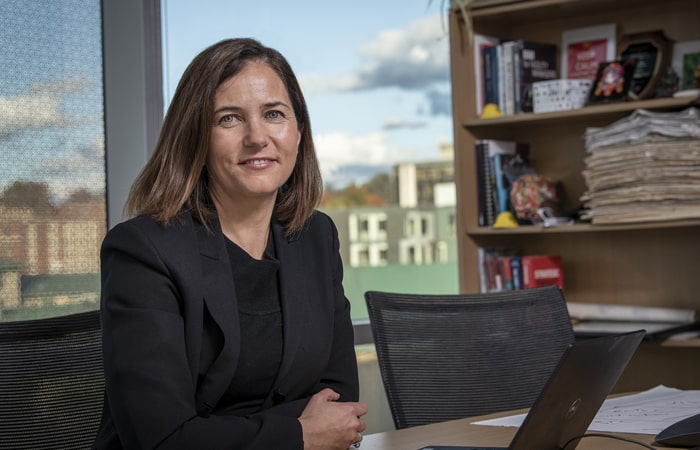
Faculty Spotlight: Burcu Akinci, Co-Director, Pennsylvania Smarter Infrastructure Incubator
An innovator in construction and facility management, Dr. Akinci is passionate about using smart infrastructure techniques and 3D imaging, embedded sensors and radio-frequency identification systems to streamline proactive decision making in construction and facility management processes.
